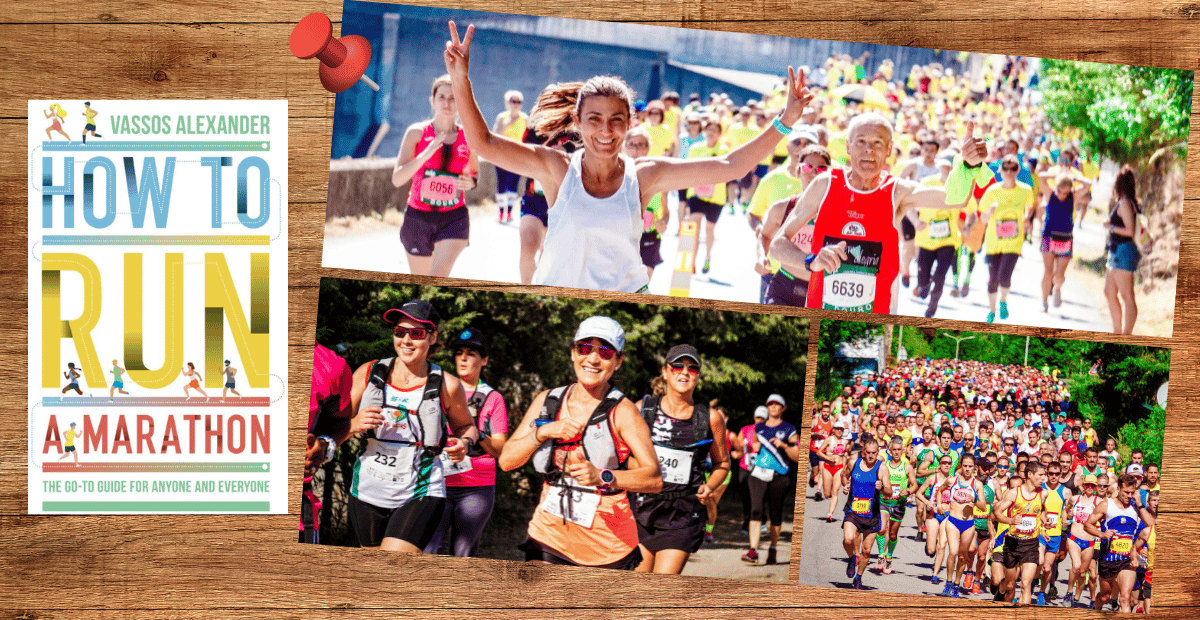
Contents
Documenting a marathon runner’s journey requires all the lessons, let’s discover them now
Facts are facts. Data is integral to the world of law, business and day-to-day management. So why would you think fitness is any different? When it comes to running a marathon, data points are vital in order to track your growth and progress. But we don’t want to merely see how we’re doing – all of these data points will feed into our eventual marathon performance.
So it’s about time we got to logging.
Be it the women’s marathon world record or competing with marathon man Vassos Alexander, tracking your data gives you the upper hand in strategising your growth. A successful runner knows that part of their success isn’t just in the running but in the detail; knowledge and understanding are far more powerful than your foot stride.
When it comes to being a distance runner, you could embark on your marathon quest by first picking up a pen. This first stage in your pivotal journey will strengthen the last. So what do you really need to log things right?
Let’s find out how to run a marathon book today.
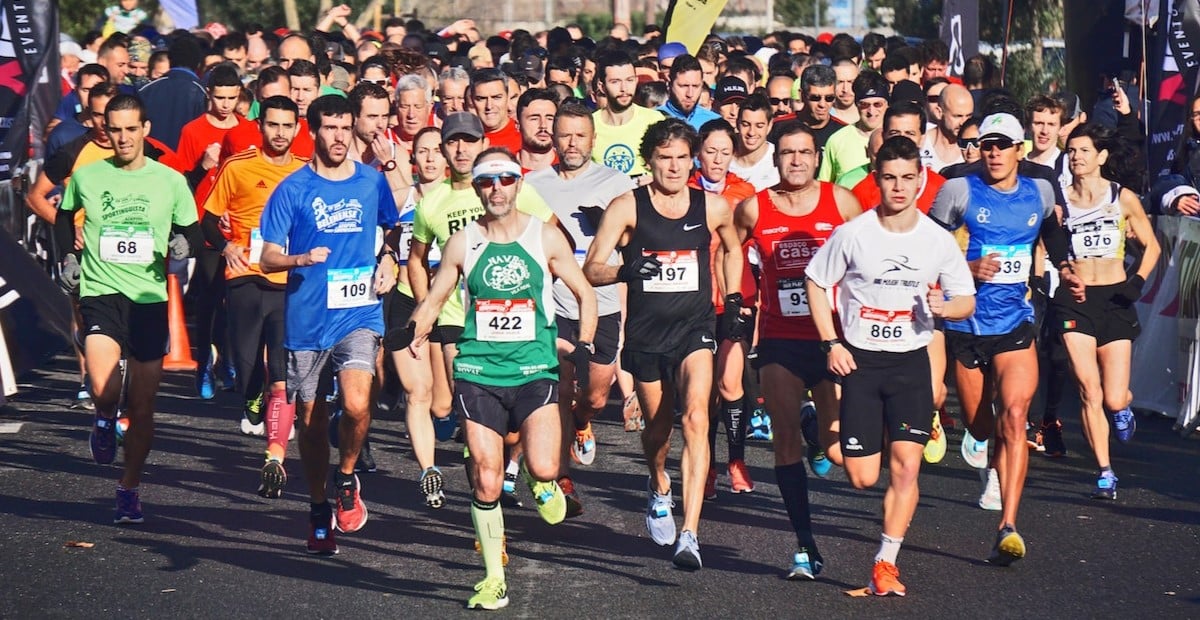
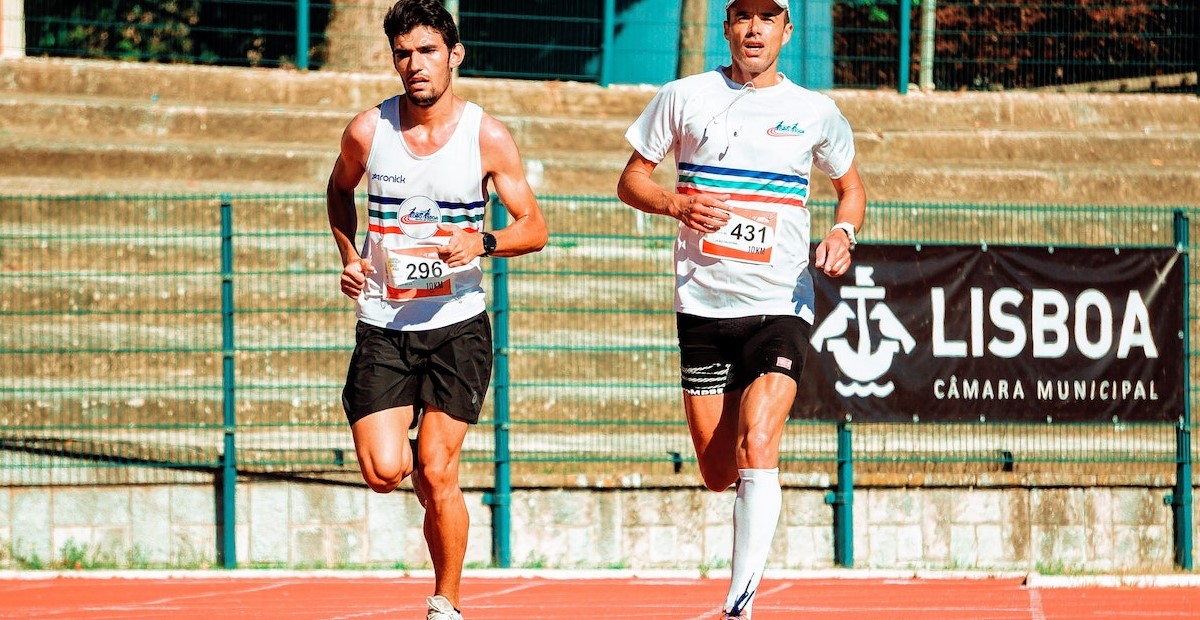
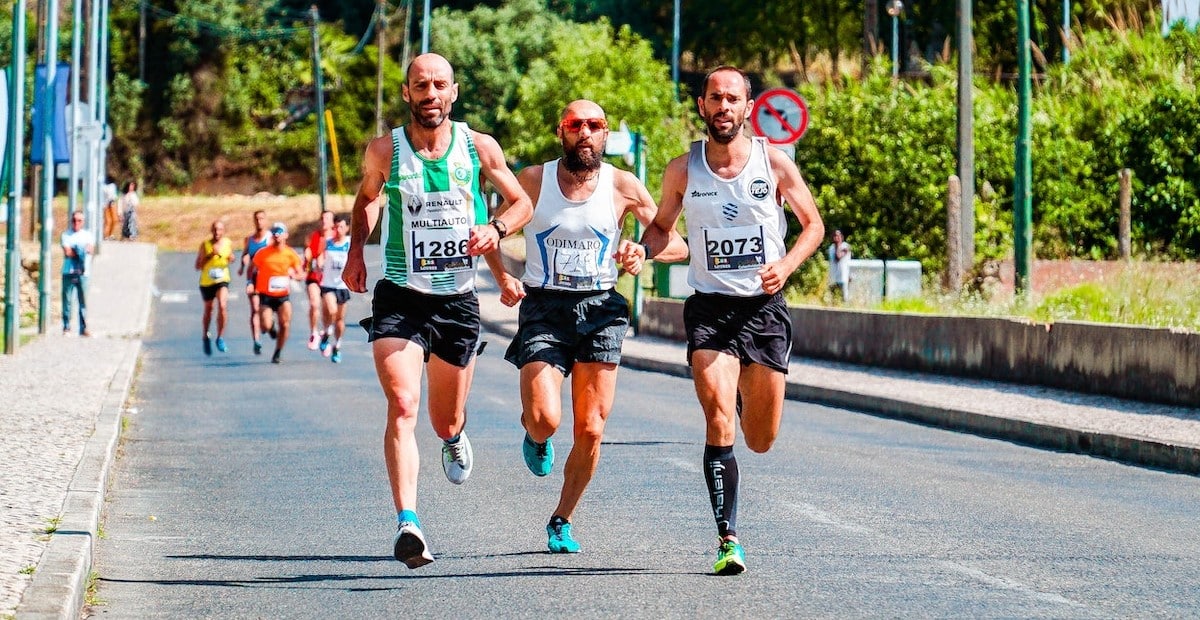
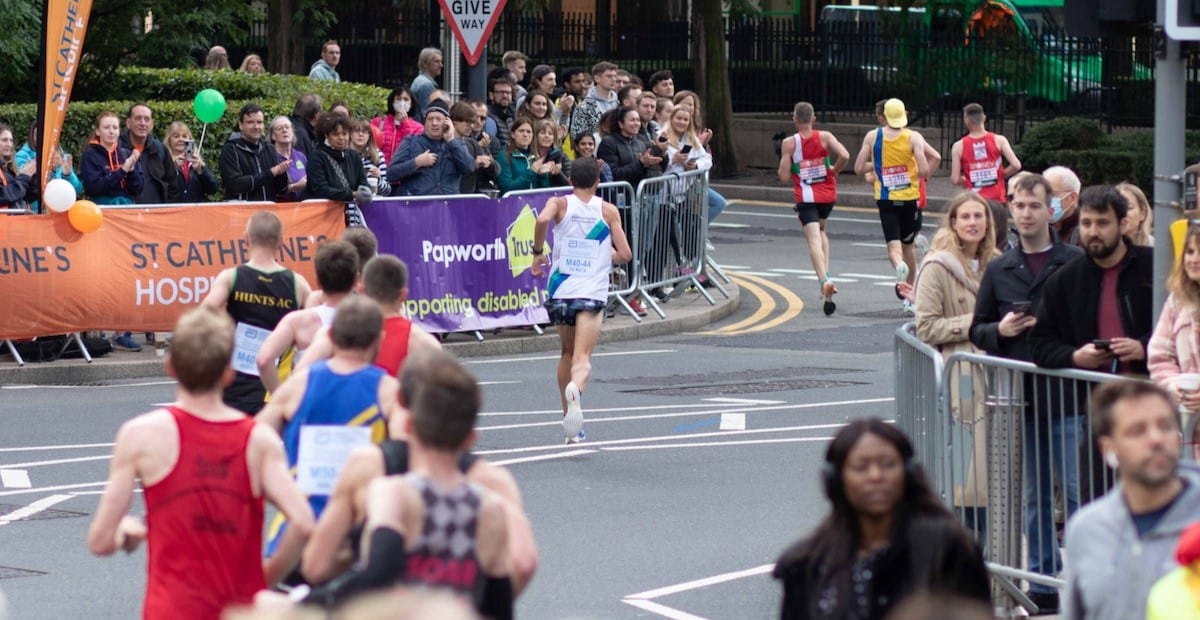
The books
Yes, data tracking and journalling are important. In fact, having a journal to keep track of data points like nutritional input, training achievements and records, and aerobic properties like heart rate and Vo2 max, are great.
But what about motivation and guidance? What about the inspiration you could be drawing from in order to get those diaries logged and steps counted?
How to Run a Marathon: The Go-to Guide for Anyone and Everyone
This entry by Vassos Alexander shows us that absolutely anyone can take those first steps to defeating the distance. The book breaks down how you could motivate yourself, the different aspects of a marathon that you need to know about, and some of the training styles you can adopt in order to get there.
It also includes inspiring stories and interviews from ultra runners (the best of the best) to help give you that inspo boost and stay constant with your training plans. From nutrition tips to training, books like How to Run a Marathon: The Go-to Guide for Anyone and Everyone will help you in one way or another.
The book also outlines different reasons you should run, from being inspired by watching tv to admiring women runners and their achievements, literature such as this can help ground your reasoning in more ways than simply – I need to run, but give you a wider motivation and sense of belonging with those who have run before you. Delightful tales, crucial training, remarkable marathons – when the endurance athlete becomes the writer you can only learn from them.
Conclusion
From inspiring interviews to Vassos Alexander’s helpful insights, this book is a must-have in the wider arsenal of any aspiring trainer. Give it a look over and assess for yourself, as there are many other entries in a similar vein that can help with your own marathon training journey.
FAQs
Who is Scott Douglas?
Scott Douglas Scott is a veteran running, fitness, and health journalist who has held senior editorial positions at Runner’s World and Running Times.